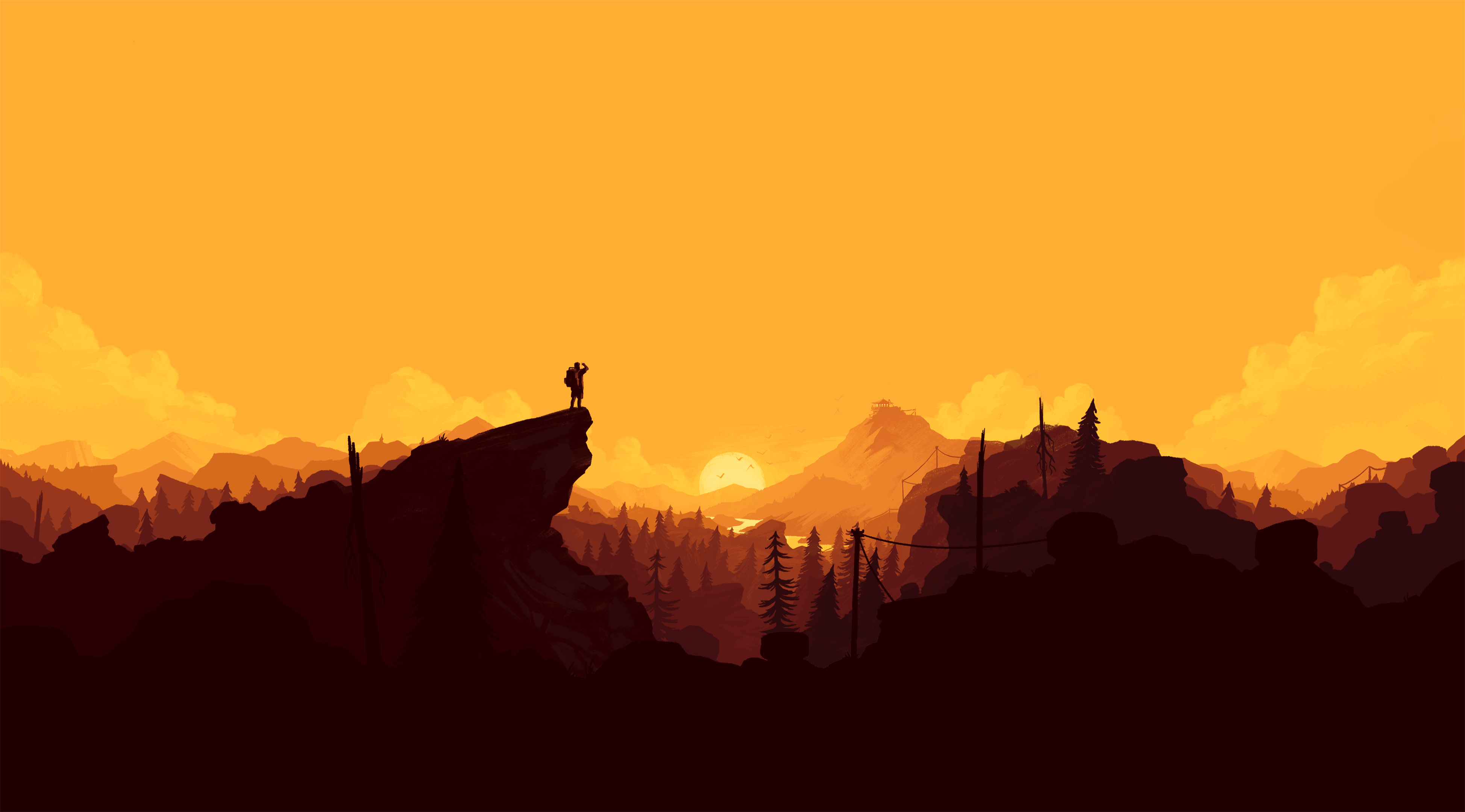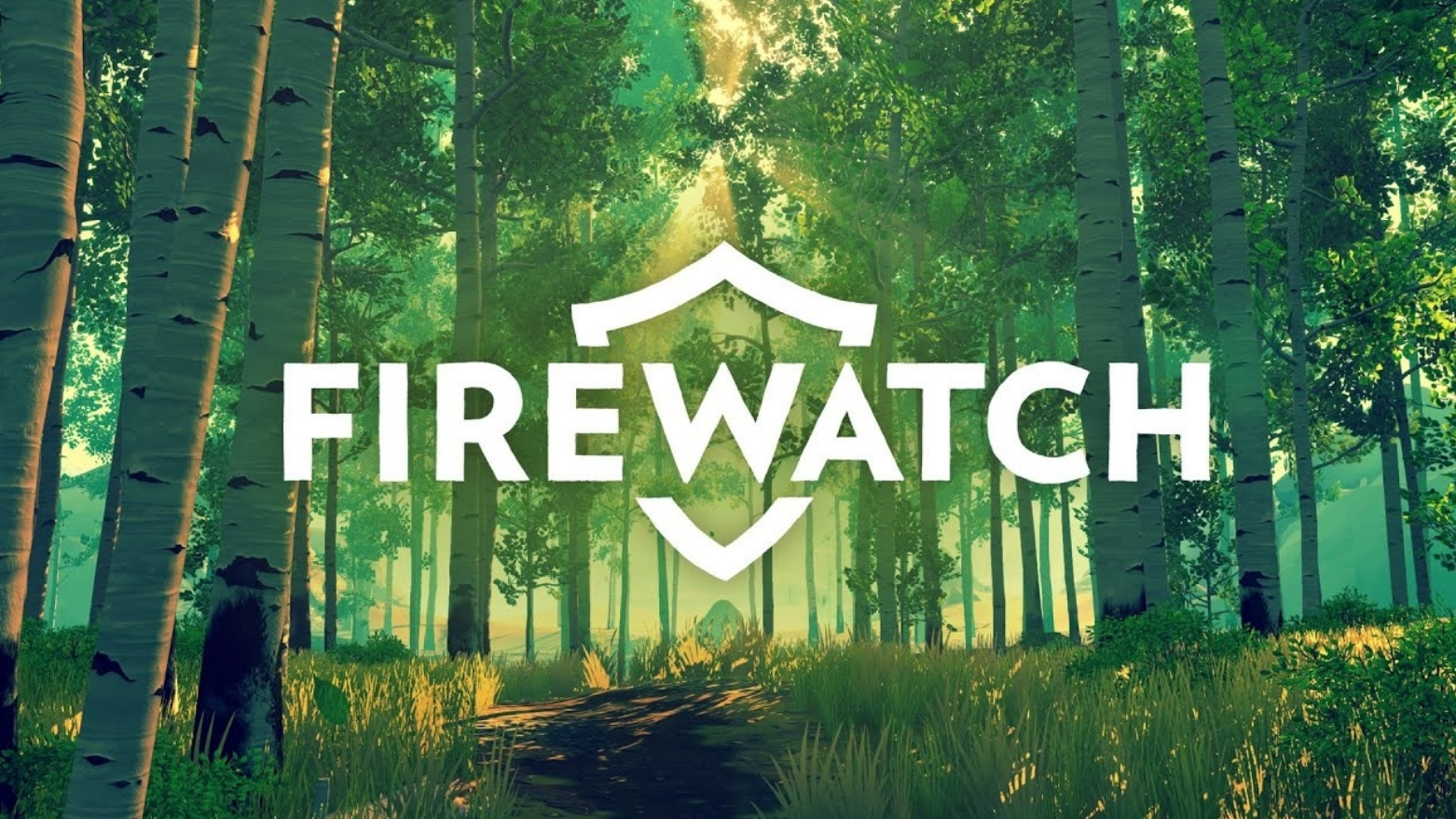

Through exploration of the surrounding area, Henry uncovers clues about mysterious occurrences in the vicinity that are related to the ransacking of his tower while he is out on a routine patrol and a shadowy figure that occasionally appears watching him from afar. Players take on the role of Henry, a fire lookout who is assigned to his own tower in Shoshone National Forest. Henry interacts with Delilah using his walkie-talkie.įirewatch is an adventure game played from a first-person view that takes place in the American state of Wyoming in 1989. By late 2016, the game had sold over a million copies. Firewatch won the award for Best 3D Visual Experience at the Unity Awards 2016, Best Indie Game at the 2016 Golden Joystick Awards, Best Narrative at the 2017 Game Developers Choice Awards and Debut Game at the 2017 British Academy Games Awards. However, the presence of technical issues and the game's ending were both subjects of criticism. The game received generally positive reviews, earning praise for its story, characters, dialogue, and visual style. The design draws inspiration from New Deal advertisements by the National Park Service and field research conducted in Yosemite National Park. The game's environment was modelled by Ng, based on a single painting by Moss. The game was directed by Olly Moss and Sean Vanaman, written by Chris Remo, Jake Rodkin, Moss and Vanaman, and produced by Gabe McGill and artist Jane Ng. His exchanges with Delilah inform the process by which their relationship is developed. Henry interacts with Delilah using a walkie-talkie, with the player choosing from dialog options to communicate. A month after his first day at work, strange things begin happening to him and his supervisor Delilah, which connects to a conspired mystery that happened years ago. The story follows a fire lookout named Henry in the Shoshone National Forest, a year after the Yellowstone fires of 1988. The game was released in February 2016 for Microsoft Windows, OS X, Linux, and PlayStation 4, for Xbox One in September 2016, and for Nintendo Switch in December 2018.
#FIREWATCH PLOT FULL#
The stuff I said up there is the full answer to this question, but, in short: "No, there aren't really multiple endings.Firewatch is an adventure game developed by Campo Santo and published by the developer in partnership with Panic. So from how i understand it, there are different dialogues throughout the game, depending on your choices, but that doesn't seem to resolve in multiple different endings. Beyond that, we've tried to infuse the world with enough space and points of interest for it to be convincing and to stand up to player exploration and curiosity. You aren't going to be unlocking a bunch of endings or finding crafting components or doing "side quests." (All those things are great, but not what this particular game is about.) The world and game are built to support a particular story, which we did our best to tell, and to facilitate two fully-realized characters, which we did our best to outfit with enough player responsiveness to create a meaningful sense of interactivity and realism. It is a narrative game first and foremost.

If people like spending time in the game enough to play it again, I could imagine dedicating more time and energy to poking into all the corners.Īll that said, this isn't The Elder Scrolls or Dragon Age. Generally speaking, I suspect people's first playthroughs will be somewhat non-intentional. I think it would be hard to find "everything" unless you have explored the world pretty thoroughly and know your way around the map.

Most of the people I've seen play through the entire game have found different instances of these things. There are also locations and things to find in the world that are not required by or even related to the main story of the story. That's one of the big things that will differentiate multiple playthroughs. Originally posted by chrisremo:There is far more dialogue in the game than you could ever see in a single playthough, and much of that different dialogue is mutually exclusive, which means if you say one thing rather than another thing, it will affect what happens next, and you can't go back and "change what you said".


 0 kommentar(er)
0 kommentar(er)
